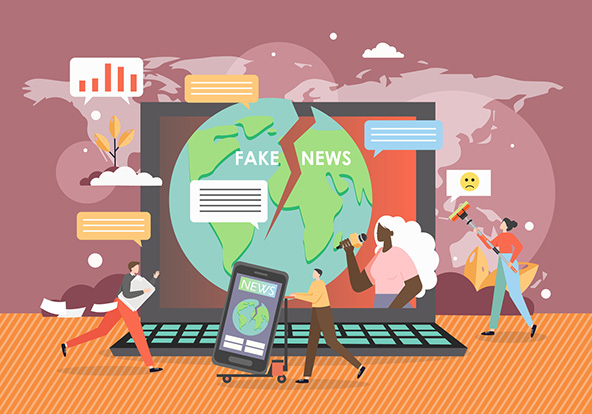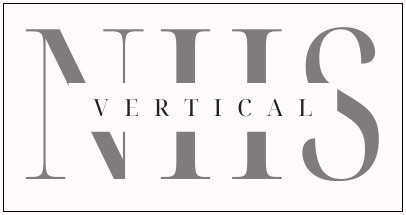
Media Literacy- Why is it Important?
By: Theodore Tickell
Media literacy can be defined as the ability to decipher meanings in stories, as well as analyze news articles for what they are saying. Media literacy is an incredibly important skill for everyone, regardless of age, occupation, or what it is one is analyzing.
Sources
One of the biggest parts of media literacy, specifically in news pieces, is analyzing where they are sourcing the information from. This tends to be a perverse problem with short form content such as YouTube shorts or TikTok. Often, creators on these platforms do not cite sources, which is important whether the claim is true or not. It sometimes seems people do not understand how to analyze these claims.
For example, there was a recent TikTok video claiming the now defunded United States Agency for International Development, or USAID, donated $44 million (or some other large sum of money depending on the claimer) to the Clinton foundation. This claim was seemingly baseless, as with just a minute of searching, one can find a Forbes article debunking the claim. This issue is more than just with one political party or another, it was merely a recent example.
Additionally, with cases like this, an important thing to look for is a fact check, as well as the sources of that fact check. A general rule of thumb that my dad taught me is that “extraordinary claims require extraordinary evidence.” What he means is that the grander the claim, the more evidence the claimer must provide.
Bias
Another prevalent issue is the lack of understanding towards biases. Some news sources “lean left,” others “lean right,” and some go too far in either direction. There are researchers dedicated to finding biases in articles and news sources as a whole, and a chart to check the biases of all sources that is updated monthly by ad fontes media. The chart lists the left/right biases, as well as the accuracy of the claims in daily news articles.
One more thing to remember with accuracy is that journalism is a constantly changing field- in the sense that new information comes out rapidly, and every news source is diving in on every piece of information to be the most updated- which may lead to claims and “truths” changing. This is something to pay attention to when reading articles on the same topic, especially if it were a big event, such as the Blackhawk crash with the American Eagle in January 2025.
What can you do?
At the simplest, just check sources! Cite your own, read into the ones you are hearing be cited for a claim. If someone said tomorrow “we’ve cracked nuclear fusion,” how do we prove that? Is it from a research study, or did someone on social media make it up? That’s the importance of media literacy for news articles, and the best way to help yourself and others is to educate everyone on how to be properly media literate, and how to check biases as well as sources.
ad fontes media bias chart: https://app.adfontesmedia.com/chart/interactive
Sources:
https://ssir.org/articles/entry/strengthen_media_literacy_to_win_the_fight_against_misinformation
Forbes example:


